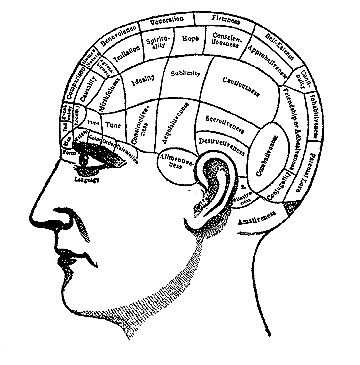 |
Philosophy
291
Philosophy of Language
and Mind
Spring Quarter 2001
|
An Argument for The
Language of Thought
Premise 1: Learning a language involves learning what
the predicates of that language mean.
A predicate is, roughly, that part of the sentence that says
something about the thing, or things, that the sentence is about. So in
"Marvin is a lawyer", "is a lawyer" is the predicate. Predicates are the
bit left over when you remove the subject term from a sentence.
Premise 2: Learning what the predicates of a language
mean involves learning a determination of the extension of those predicates
The extension of a predicate is, roughly, the group of individuals
of which the predicate is true. The set of lawyers is the extension of
the predicate "is a lawyer", and the set consisting of Columbus, Ohio is
the extension of the predicate "is the capital of Ohio". The point of this
second premise is that to learn a language, you have to learn what things
are in the extensions of the predicates of the language.
Premise 3: Learning a determination of the extensions
of the predicates involves learning that they fall under certain rules.
You are not acquainted with the extension of the predicate "is a lawyer"
because you are not acquainted with all the lawyers. But you understand
the predicate "is a lawyer", so how what is your relationship to the extension
of that predicate? What this premise claims is that you need to know a
rule for determining who or what is a lawyer. You need to know something
of the form "A lawyer is someone who….", and it is by knowing this rule
that you know the determination of the extension of the predicate "is a
lawyer" even if you are not acquainted with all the lawyers.
Premise 4: One cannot learn that a predicate P falls
under a rule R unless one has a language in which P and R can both be represented.
This is the key premise, I think. The notion is that you need a medium
of representation in order to learn a rule. You cannot have a rule internalized
in your mind unless you have a way of internally representing that rule.
Conclusion: So, one cannot learn a language unless one already has
a language.
So, in order to block an infinite regress, we must conclude that there
is an unlearned language (call it "Mentalese") which we use in learning
languages like English, German, French, or whatever our native language
is.
(See Jerry Fodor, The Language of Thought,
p. 64, and Robert Martin, The Meaning of Language, pp. 32-34)

